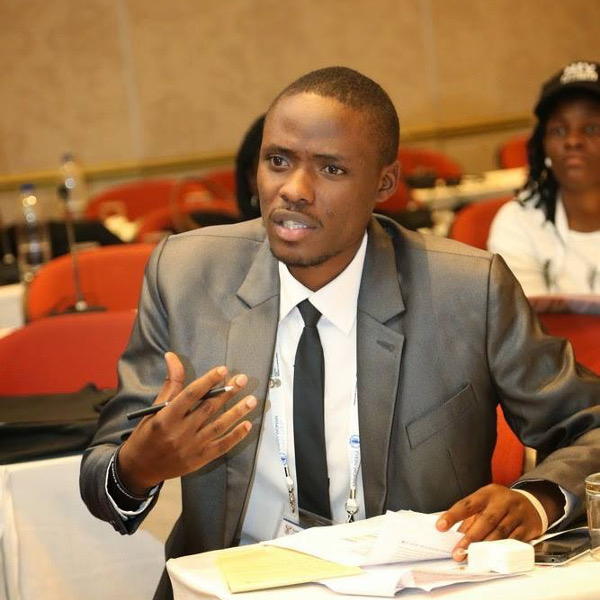Uganda Youth and Adolescent Health Forum (UYAHF) on Thursday organised a training workshop for journalists who report on health and reproductive issues that affect Ugandan vulnerable adolescents, especially females who are a major target of the organisation.
The workshop was held and Fairway Hotel in Kampala, attracting journalists, Ministry of Health representatives, officials from the National Population Council (NPC) World Health Organisation (WHO) and a number of civil society organisations.
Addressing participants at the half-day workshop, UYAHF Founder and Team Leader Patrick Mwesigye said the workshop was meant to engage journalists who report on health on how best they can report on such issues of adolescents using available data and information available.
Mwesigye said one of the objectives UYAHF is to advocate for and engage government at national and sub national level on policies and programmes that affect adolescents in the country such as HIV/AIDS and other sexually transmitted disease (STI) and reproductive health among others.
“The media is very important in informing adolescents on issues of health and wellbeing but they need information, knowledge and skills to report better,” he said, adding that some of the issues that adolescents face include; nutrition, HIV/AIDS, mental health, physical health, drugs and alcohol among others that need public attention.
The President of Uganda Health Journalists Association (UHJA) Esther Nakazzi urged journalists to do research, seek information from credible sources, be objective, fair and present balanced articles for publication. Ms Nakazzi further urged journalists who report on health to do their work with passion, saying that passion for work make them succeed in their profession.
Dr. Betty Kyadondo, director of Family Health at the National Population Council lauded journalists for having interest in reporting about health issues that affect adolescents and the youth of Uganda.
Dr. Kyadondo sensitised journalists on Uganda’s Demographic Dividend Roadmap which was launched last December, with emphasis on how government can intervene in different areas so as young people who make up 50 percent of the population can contribute to the economic growth of the country and realise Vision 2040.
She said it was important that journalists understood such a document and others that address adolescent and youth issues. She said there is need for sensitisation of adolescents on contraceptives especially in rural areas if Uganda is to cut the total fertility rate currently stands at 5.6 children per woman in 2016.
Presenting the state of sexual reproductive health and rights of adolescents and youth in Uganda, Dr. Placid Mihayo from the Ministry of Health urged journalists to be ethical and professional while doing their work. He urged the newsmen to respect the privacy of the individuals they report about.
He said some experts and other individuals fear to talk to journalists because sometimes journalists misrepresent the information given them. He urged journalists to be mindful of their ethics while reporting.
Esther Dsafa from Centre for Health and Human Rights Development (CEHURD) urged journalists to employ human rights based approach while reporting on health issues, saying it is wrong for journalists to violate rights and privacy of others.
Also addressing participants, Dr. Ibrahim Kirunda, from the World Health Organisation (WHO) said there was need for priority areas of intervention, standards and guidelines for quality adolescent health services.





